All of the pageantry, most of the snacks, and none of the guilt.
Don't wanna be here? Send us removal request.
Text




#coffee#adamlambert#queen#rain#aesthetic#queen + adam lambert#cafe#scotiabank arena#irish coffee#yorkville
1 note
·
View note
Text
winter bloom

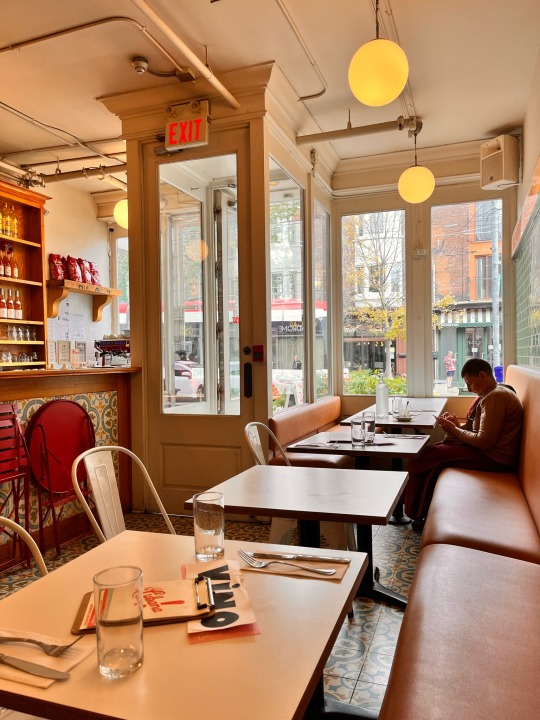


#flowers#cafe#Toronto#torontofoodie#torontocafe#cafeconleche#coffee#sunflower#Roncesvalles#bloorstwest#LaCubanaRoncesvalles
1 note
·
View note
Text
Two literary works are referenced in this show (to my knowledge, maybe there’s more), and I thought it would be interesting to compare the show’s story to those. The works are :
The Metamorphosis by Kafka
That’s the book Moon Jo took from Jung Woo’s room (it has his name on it, Seok Yoon’s the one who notices and Moon Jo lies that Jung Woo lent it to him). Jung Hwa returns it to Jung Woo in the finale.
Huis clos (literal translation : “behind closed doors” // english title : “No Exit”) by Jean-Paul Sartre
That’s the play from which comes the quote “Hell is other people” (in French : “L’Enfer, c’est les autres”).
The Metamorphosis
Jung Woo’s journey vs The book’s plot
The plot of the book is : the main protagonist, George, wakes up one day to find that he’s turned into a “monstrous” insect. He gets progressively rejected by his family from the moment when they find out.
Of course, a proper analysis of the story reveals themes that are different from those of Strangers From Hell.
Still, I think they chose to mention that book because Jung Woo also turns into a monster and is progressively rejected by the people closest to him (his hyung and his girlfriend), who struggle to show compassion for his ordeal because they do not understand it. They turn on him, and it’s made clear that Jung Woo perceives it that way too.
Even though both Jung Woo and Moon Jo enjoy crime novel, that book, which is not a crime novel, catches Moon Jo’s attention. And he is the one who will turn Jung Woo into a monster.
Jung Woo’s journey vs The deeper meaning of the book
Now if you want to get into the actual analysis of the book : it woud be a criticism of the society the author lived in (apparently he felt that people were becoming socially, economically and morally alienated by a materialistic society and an oppressive capitalistic system).
The protagonist’s transformation represents someone going against the values and beliefs of the time. He’s turned into a “monster”, and his family starts treating him cruelly while he, on the other hand, retains his humanity. His boss (representing a cold, overly-calculating capitalistic society) berates him for not coming to work (even though he’s in that state) but thanks to his monstrous form, he’s more free than them. Although he ends up isolated, depressed then dead, the point is that the people who’re alienated aren’t the ones we would have thought of at first - his family is socially, economically and morally alienated. His life was meaningless, and he only realizes it after turning into a monster.
I wonder if Moon Jo was drawing a twisted parallel here, by identifying society’s moral system that says hey, maybe don’t torture and kill people … with the oppressive system that they need to free themselves from.
After all, he kept telling Jung Woo : “You can do whatever you want” and “You should say what you want, curse who you want and kill who you want”. Moon Jo himself lived that way (and died like the main protagonist in the book btw, although George’s death was sad, and Moon Jo’s death was well deserved).
Huis clos
1st parallel : the story takes place in an enclosed space (the studio residence), a “hell” where people hurt each other but that they cannot leave.
Indeed, Huis clos is about 3 people who die and are sent to Hell. There, an employee brings them to one of the many rooms and leaves them alone together. There is no mirror, no night and no sleep. There is a button they can press to call the employee but it’s broken.
They bicker and talk about their lives and wonder why they’re in Hell, but eventually their sins come to light. Most importantly, we realize that they were put in this room together to torture each other.
2nd parallel : Jung Woo initially thinks that the studio residence is hell, but soon realizes Hell is its inhabitants - and they can still persecute him even if he leaves the studio.
In the book, th 3 people do not torture each other physically or in any other explicit way : it’s the nature of their respective desires / flaws / greeds that lead them to hurting each other. Each one of them wants something from one of the other, that the other can’t give (specifically : attention / affection / approval). Hence the frustration, the lowering self-esteem, etc …
Now, some people have understood the quote “Hell is other people” as if the author meant that human relationships are always twisted and source of pain, but that’s not what he meant.
He explained he was talking about the specific relationship between our self-esteem / the way we perceive ourselves in general, and the way people perceive us. No matter what, as people, when we try to get to know ourselves, we always take into account what other people think of us, as well. Whatever we think of ourselves, others’ opinion contribute to forming our own, at least a little. Which is why, if our relationship to others are twisted, we are in hell. And anyone who’s too dependent on others’ opnion of them is in hell.
3rd parallel : After they’d rushed to the studio residence because Jung Woo thought the gang would hurt Ji Eun who’d gone to look for him. Jung Hwa’s junior says about Jung Woo that he “didn’t seem normal”, he was “weird”. And she says : “imagine that everyone keeps on telling you that you’re insane. Wouldn’t you actually go insane ?”
And isn’t that what happened to Jung Woo ? His neighbor insisted that deep down he wanted to be a murderer, heightening his struggle with his army-related trauma, his anger and the violence it triggers. Meanwhile his closest friends would say he “became weird”, “acts weirdly”, “says weird things” although they were all true.
At some point, after beating up his supervisor at work, Jung Woo admits in his voice over : “At that moment I didn’t know who I was anymore”. Meaning : on one hand, he couldn’t believe in a positive version of himself because his friends didn’t believe in it anymore. And on the other hand, he struggled to fight off his darker side because Moon Jo kept insisting that it was his true identity.
“Anyone who’s too dependent of other people’s opinion of them is in hell,” Sartre says. Although in Jung Woo’s case, he hardly had a choice given how isolated he was between two groups of people who were “torturing” him with their perception of him.
Anyway, this is kind of a mess but I really wanted to put this down in writing !!!
830 notes
·
View notes
Text
Tale of the Nine Tailed: Explanation of Lee Rang’s Death and Lee Yeon’s Ending Scene
Well folks…here we are once again. I did say that I would not write another TOTNT post unless there was anything worth discussing in the finale. I know many of you may feel utterly devastated or somewhat confused by how TOTNT ended, but I hope my post will be able to comfort you somehow. Anyways, let’s put on our thinking caps one last time for TOTNT!
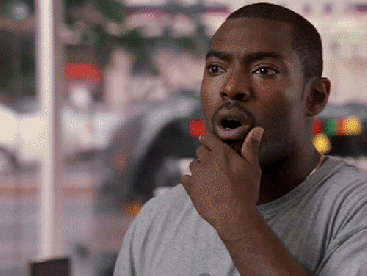
Lee Rang’s Death
One of the biggest complaints many have had is the death of Lee Rang. Many said that the writer did him dirty while others wished that Lee Yeon and Ji Ah would’ve died instead. However, when we looked at his character arc’s as a whole, his death was justified. We mustn’t forget that he murdered hundreds possibly thousands in wake of his anger.
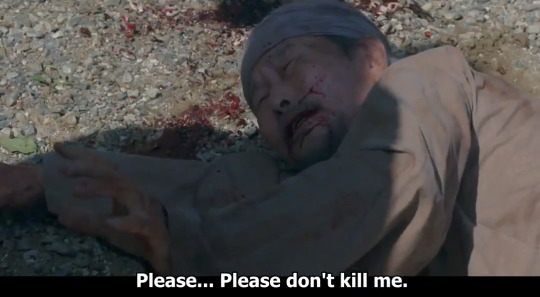

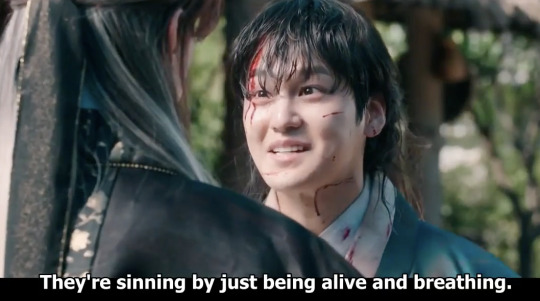
Yes, he did do some good towards the end of his life such as taking in Yuri and Kim Soo, but that shouldn’t discredit all the atrocious acts he had committed in the past. Saving the life of two people doesn’t make up for all of the lives he had taken. Additionally, it is noted that Lee Rang did also assist the Imoogi’s group to bring the Imoogi back to life which caused for a slew of horrible events to occur in the first place.
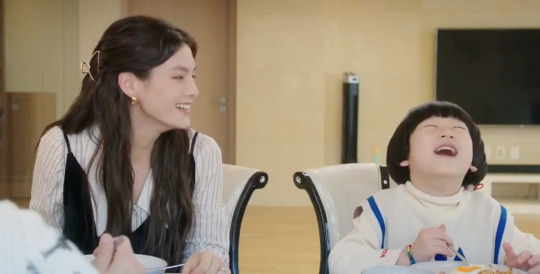
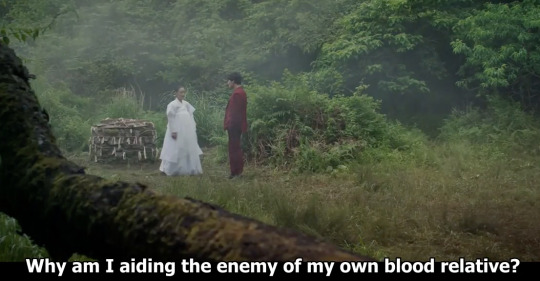
In the end, it was Lee Rang’s turn to sacrifice for the one he loved. Everything in TOTNT is cyclic if you think about it. First Ah Eum died to save Lee Yeon then Lee Yeon died to save Ji Ah. Therefore, it was only logical that it was Lee Rang’s turn to die for the one he loved which was Lee Yeon.

Everything in life isn’t all rainbows and sunshine, what matters is what you do despite being dealt a bad fate. Both Lee Yeon and Ah Eum/Ji Ah weren’t dealt with a particularly good fate, but yet they still remained good people. Unfortunately, the same couldn’t be said for Lee Rang. Yes, he was dealt with a bad fate with having been born with a mother who didn’t want him, but he was also lucky because he had been taken in by a brother who greatly cherished him. Instead of appreciating the time he shared with Lee Yeon and remaining a good person even after the events of Lee Yeon leaving for the Samcheon River, Lee Rang still decided to take a turn for the worst.
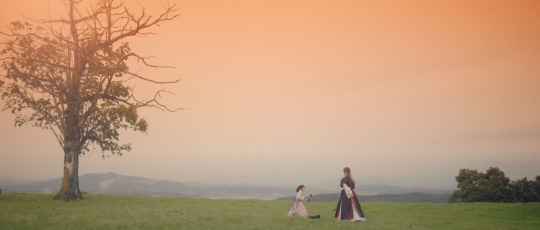
Over and over again, Lee Rang had escaped the punishment he so rightly deserved. For example, even after killing those villagers, Lee Yeon spared his life. Lee Rang had been basically living off on borrowed time. In a way, Lee Rang was lucky that during that borrowed time he was able to resolve the misunderstanding he had with Lee Yeon as well as have a small family of his own. Finally, if there’s anything TOTNT has taught us, it’s that if something is the will of the afterlife judges, it will be carried out eventually. One can’t escape their punishment.
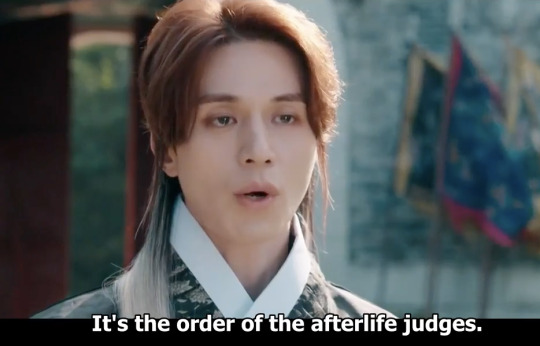
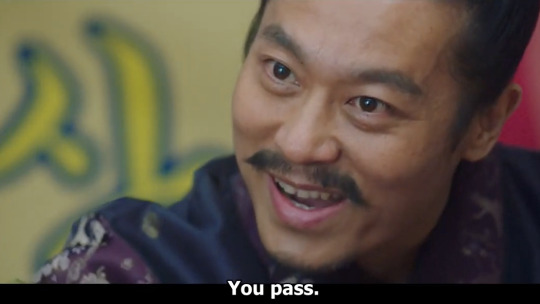
In my opinion, things could have gone a lot worse for Lee Rang in the end. Meaning he could have been reborn as a shrimp. Instead, the afterlife judges granted him reincarnation as a boy who had a mother who cared for him and granted him his last wish which was to meet his brother again. He got all of wishes fulfilled. Thus, it was a satisfying ending for Lee Rang.
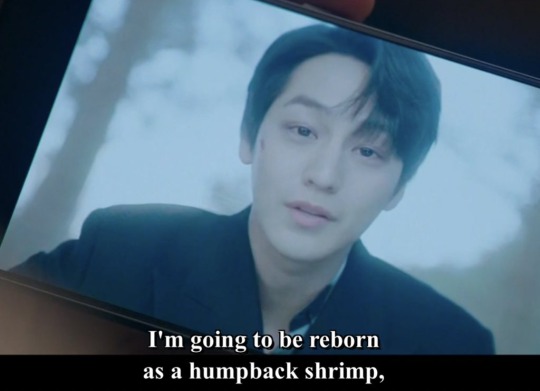
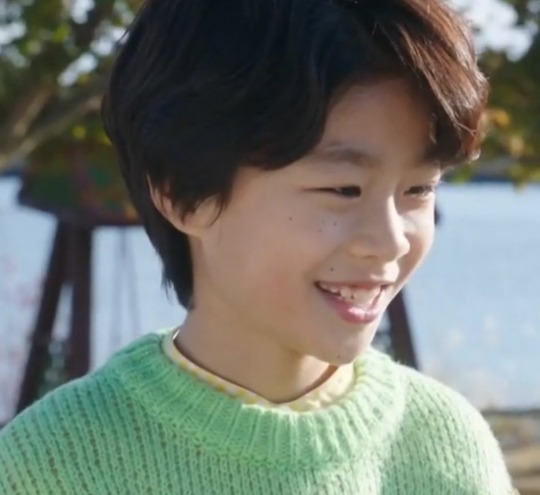

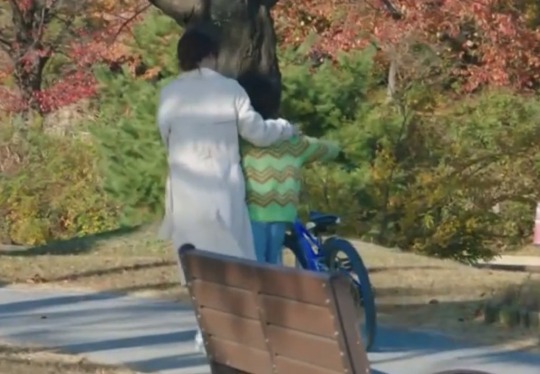
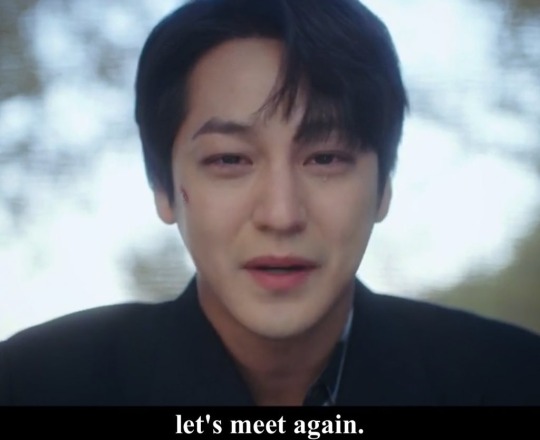
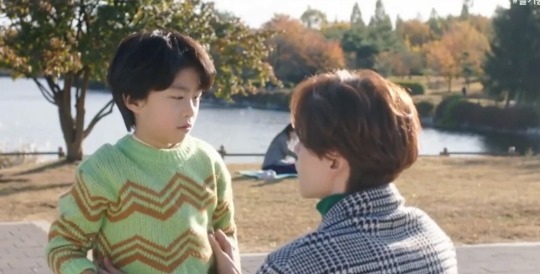
Update 12/07/2020: Does Lee Yeon Meeting Reincarnated Lee Rang Indicate Many Years Have Passed?
No, it doesn’t. The team probably wanted to use the same child actor (Joo Won Lee; DOB: 05/03/2011) as to imply that Lee Rang had been successfully reincarnated. Sure, they could’ve used someone who was a few months old, but how then would Lee Yeon recognize Lee Rang ? Remember that Lee Yeon only met Lee Rang when he was around 9 years old. There would be no way for Lee Yeon to recognize what a few months old Lee Rang could’ve looked like. Get it ? Again, Lee Yeon meeting reincarnated Lee Rang happened in 2021!
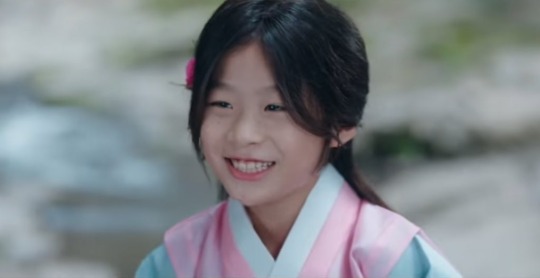
Why Does Lee Yeon Still Have His Gumiho Powers?
Initially, when I first watched this I was beyond shocked, left confused, and was rethinking my opinion of Lee Yeon as a good person. However, once I watched it with subs and then did a little research into how Gumihos can become human, the ending scene made sense. Again, everyone should’ve taken Jo Bo Ah’s advice of looking up myths and see to how they pertain to whatever happened in TOTNT.
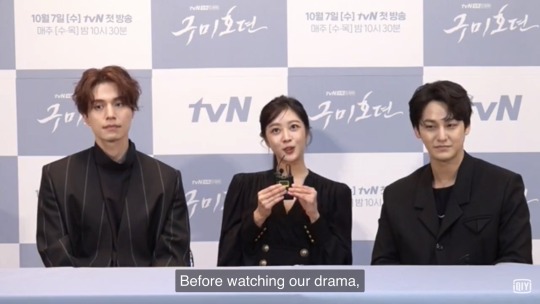
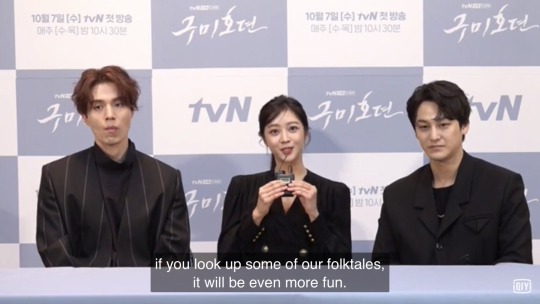
Anyways, in legends, Gumihos can become human in the following ways:
1) Refrain from killing and eating humans for 1000 days
2) The human who found out a Gumiho’s true nature, must tell no one of its secret for 10 years
3) Over a period of 100 days (other versions say 1000 days or ~3 years), Kumiho must not be detected by the human they are married to. If the Gumiho fails on this quest, they will lose any chance of becoming human and will be a Gumiho for 1000 years
4) Gumiho must consume the livers of 1000 humans over 1000 years. If they do not do this by the end of 1000 years, the Gumiho will dissolve in foam/bubbles
In particular, the ending scenes was in reference to #3. When Lee Yeon had came back to life, he was still technically a Gumiho hence why he could enter the Office of the Afterlife. I know you might ask well why didn’t Taluipa or Shin Ju sense he was still a fox? Because at the same time Lee Yeon was human, but only during the day or nights when there wasn’t a full moon (read further below for an explanation). Additionally, Lee Yeon probably didn’t tell Shin Ju because he didn’t want there to be any possibility that information would get leaked to Ji Ah. Better safe than sorry was Lee Yeon’s personal philosophy!
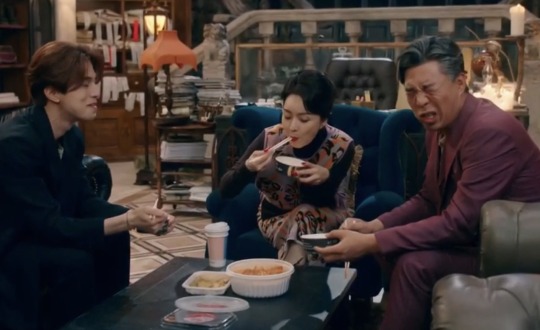

Although, Lee Yeon did come pretty close to being discovered as a Gumiho when he let it slip that he knew that their child would be a daughter. This all goes back to the intro in Ep 1 where it is said that Gumihos have the “ability to see miles ahead”. Luckily for Lee Yeon, he convincingly tricked Ji Ah and played it off as he was just saying weird things.
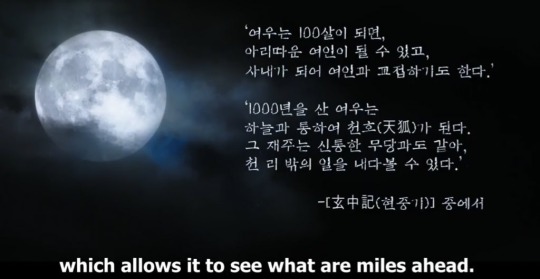
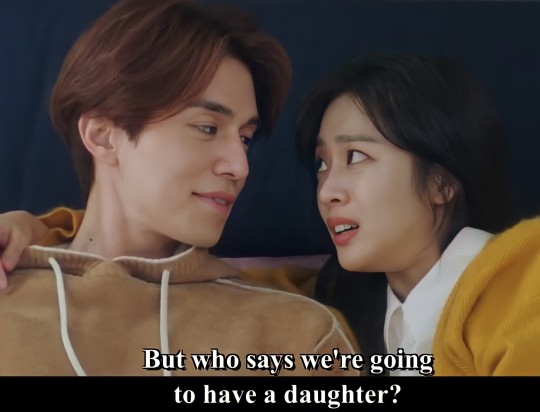
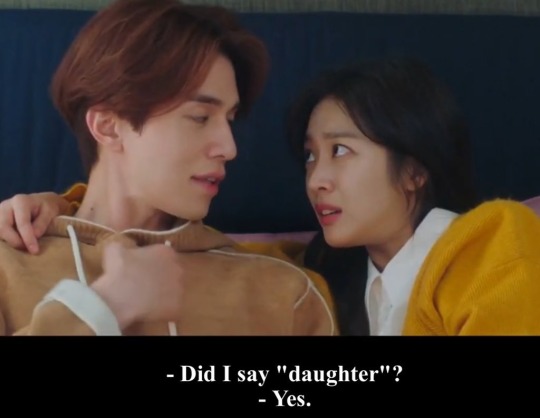
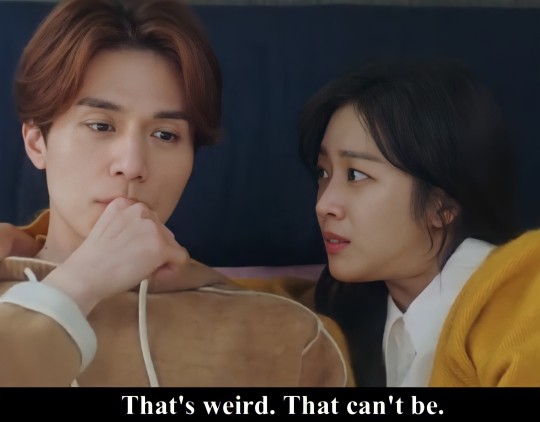
Until his 100 days were up, Lee Yeon had to keep his Gumiho nature hidden from the only person who mattered which was Ji Ah. Let’s be honest here, it’s really hard to trick Ji Ah so Lee Yeon had to be super careful around her. Usually in legends, Gumihos fall short of reaching the 100 days because they are discovered by their betrothed. During Lee Yeon’s 3 months transitional phase of becoming human, a situation arose that could’ve have caused Ji Ah to discover that Lee Yeon was still a Gumiho aka Mr Samjae entering into Ji Ah’s life.
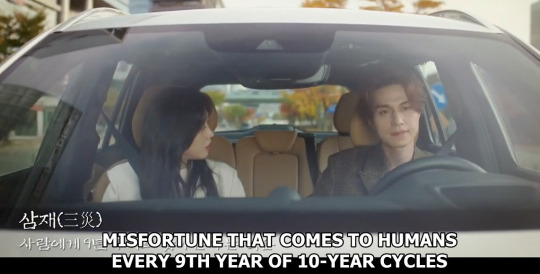
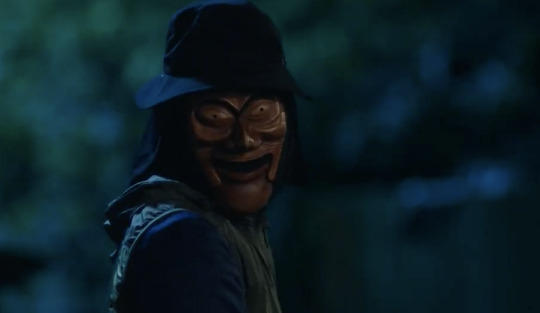
This caused a problem because whatever misfortune befell on Ji Ah it would also inadvertently affect Lee Yeon too. Meaning that if Lee Yeon didn’t get rid of the Samjae, it could cause Ji Ah the misfortune of finding out Lee Yeon still was a Gumiho, thus ruining his plan of ever becoming human.
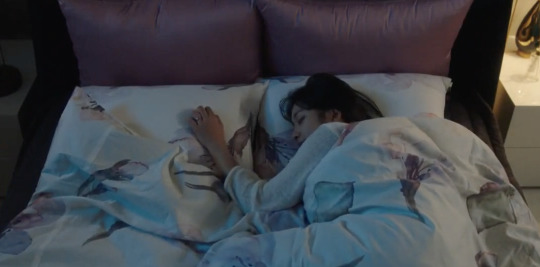

The only way anyone could tell Lee Yeon was still a Gumiho was to have seen him during a full moon. This was in reference to how in legends, werewolves (also in the same canine family as a fox) can only undergo transformation into a wolf when there was a full moon (symbolistic of metamorphosis). So while in the transitional state of Gumiho and human, Lee Yeon was able to take advantage of there being a full moon to be able to transform into a Gumiho. Subsequently, Lee Yeon then used his Gumiho abilities to rid of Mr. Samjae Spirit. Thus, Lee Yeon eliminated a potential threat that could have caused Ji Ah to find out his Gumiho nature before the 3 months of remaining undetected was completed.
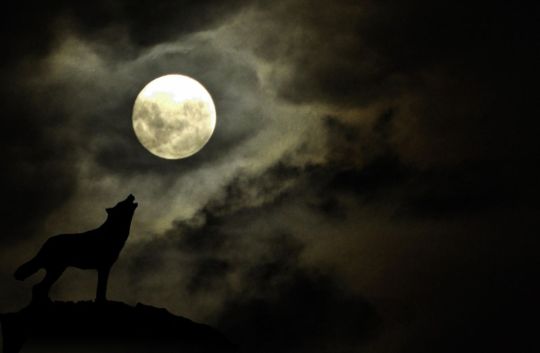
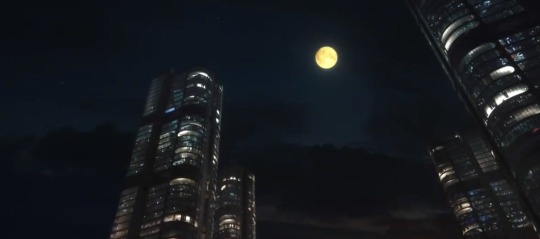
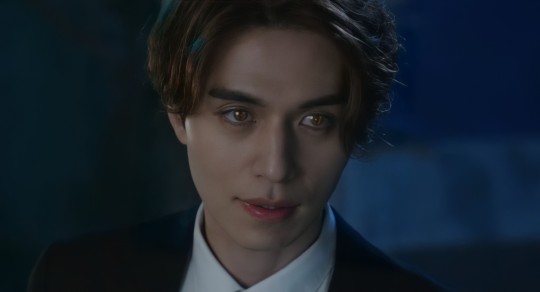
Flash forward approximately 3-4 years later after Lee Yeon’s face off with the Samjae, Lee Yeon is now seen as having been successful at becoming a full human as well as having daughter with Ji Ah as seen here in the following pictures (family picnic). My only complaint is that the production/editing team ended up deciding to not include the following scene. I do not know whether it was their decision or the writer’s to not include this. There could be numerous reasons why such as they had wanted to leave the possibility of there being a season 2 or there was limited time allotted for the length of ep 16 or the writer had wanted to leave an open ending. Whatever the reason, I do hope we will eventually show this to us. In doing so, they would give so many of us the proper closure we needed for TOTNT!
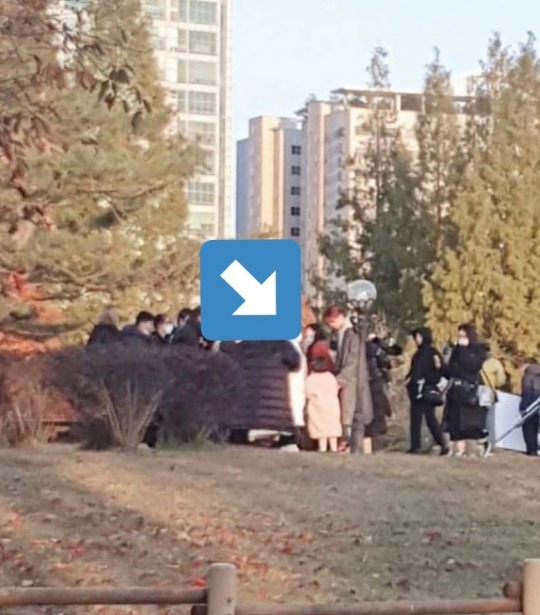
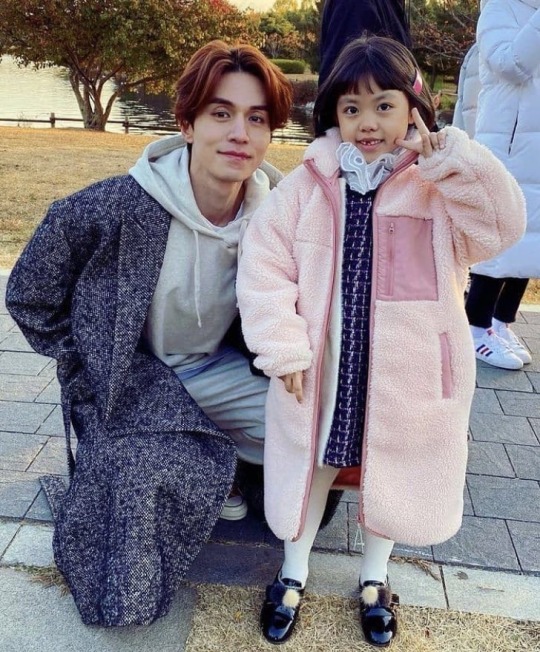
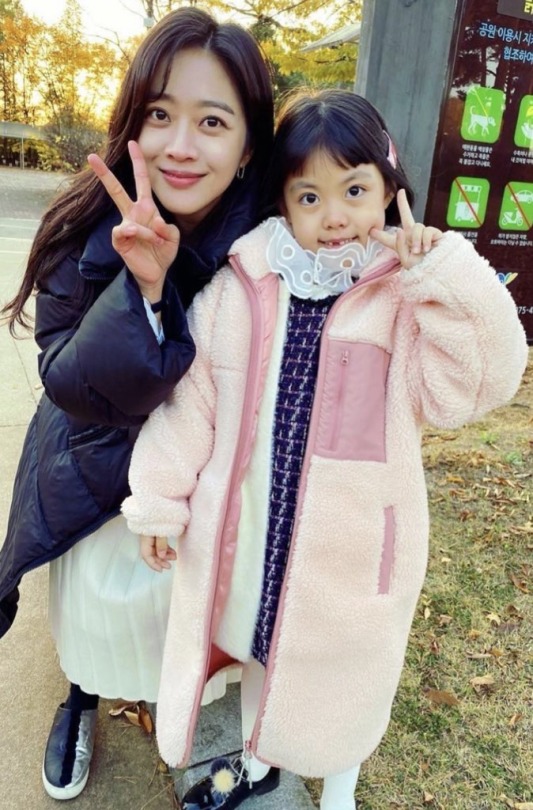
Side note, it looks like Lee Yeon and Ji Ah did end up introducing their daughter to her adoptive grandparents. Awww!
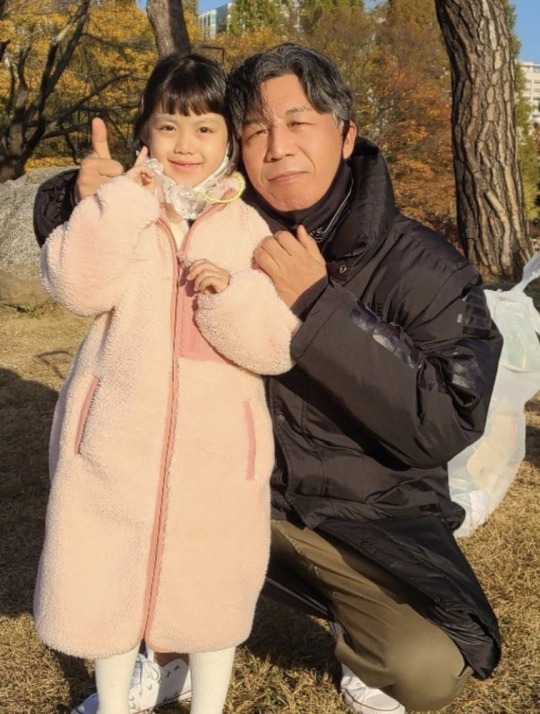
Updated 12/07/2020: Timeline of Samjae + Lee Yeon’s Transitional Period
There were also a bunch of questions concerning when exactly the whole scenes with Ji Ah and Lee Yeon had occurred. This occurred in 2021.
Samjae is believed to occur over a three-year period, and follows calculations based on the twelve zodiac signs. The first of the three years is known as deulsamjae (Kor. 들삼재, lit. entering the three calamities), the second, nuulsamjae (Kor. 누울삼재, lit. middle of calamities), and the third, nalsamjae (Kor. 날삼재, exiting the three calamities). The first year in this three-year cycle is supposed to be the most unfortunate.
Source: https://folkency.nfm.go.kr/en/topic/detail/4151
So doing a little math, one will be able to see what years the Samjae entered (deulsamjae), remained (nuulsamjae), and then exited (nalsamjae). So the Samjae entered into Ji Ah’s life in 1994, 2003, 2012, and 2021. The cycle of every 9 years refers to the time period from one Deulsamjae year to the next (not every 9 years from her year of birth). For example, 1994 + 9 = 2003, 2003 + 9 = 2012, and 2012 + 9 = 2021.
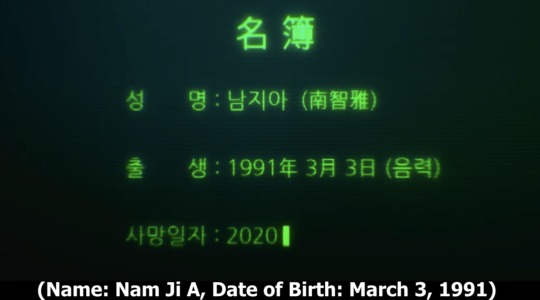

What the show was trying to convey is that when Mr. Samjae came into Ji Ah’s life, it also coincided at the same time as Lee Yeon’s 3 months transitional period. Additionally, there were some who asked, “Aren’t we to assume that many years have passed because Lee Yeon did say first root canal, first picnic, first snowfall, etc ?”. No, I took that scene as him mentioning things he either already did or will eventually experience.
Anyways, I really didn’t think I needed to point all of this out because I had assumed you all would’ve put on your thinking caps by now!
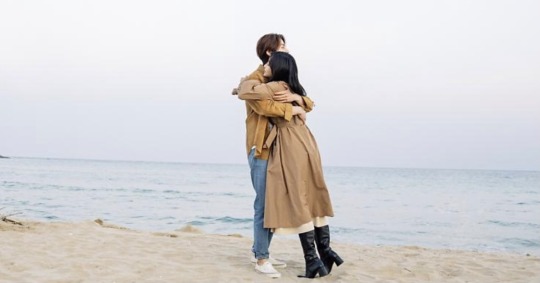
Last Remarks.
I hope that this post was able to resolve any confusion many of you may have had about the last episode. The writer did truly keep us on our toes until the very end. But with a little research into myths as well as analyzing everything as a whole, one should’ve been able to understand where the writer was coming from. Again, I want to give a big thanks to the cast, crew, and writer for all their hard work to give us TOTNT!

731 notes
·
View notes
Photo

New Castle Herald, Pennsylvania, April 28, 1921
191 notes
·
View notes
Photo

New Castle Herald, Pennsylvania, February 2, 1921
2K notes
·
View notes
Photo

↳I think I’ll just Steve Jobs my way through life.
Thoroughbreds (2017) dir. Cory Finley
194 notes
·
View notes
Photo









~~~~~GREAT DIRECTORS: STANLEY KUBRICK~~~~~
The Shining | Stanley Kubrick | 1980
Paths of Glory | Stanley Kubrick | 1957
2001: A Space Odyssey | Stanley Kubrick | 1968
Dr. Strangelove | Stanley Kubrick | 1964
Apollo 11 Moon Landing | Stanley Kubrick | 1969
Eyes Wide Shut | Stanley Kubrick | 1999
Full Metal Jacket | Stanley Kubrick | 1987
A Clockwork Orange | Stanley Kubrick | 1971
Barry Lyndon | Stanley Kubrick | 1975
1K notes
·
View notes








